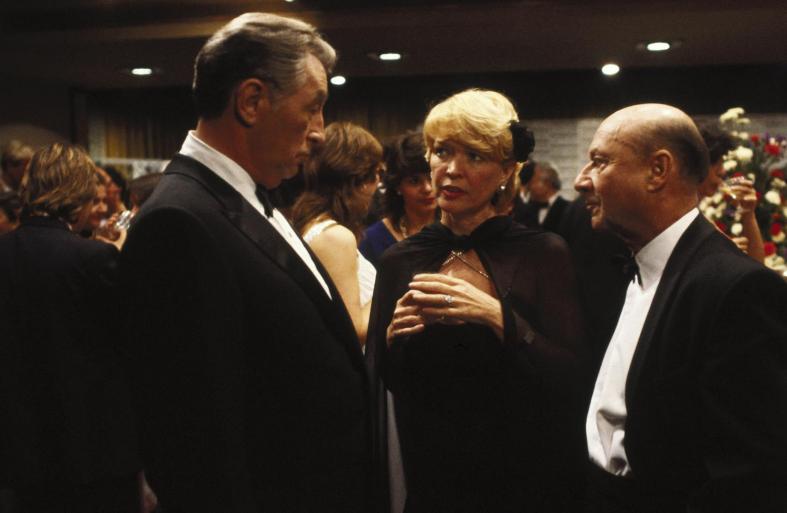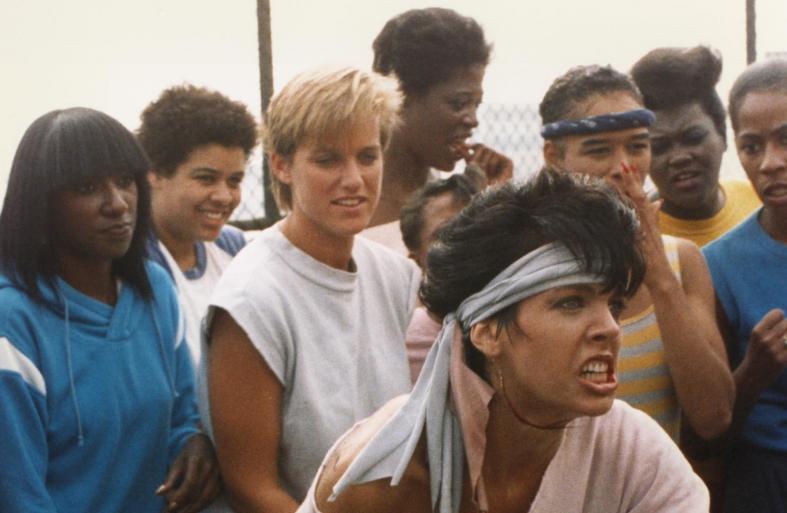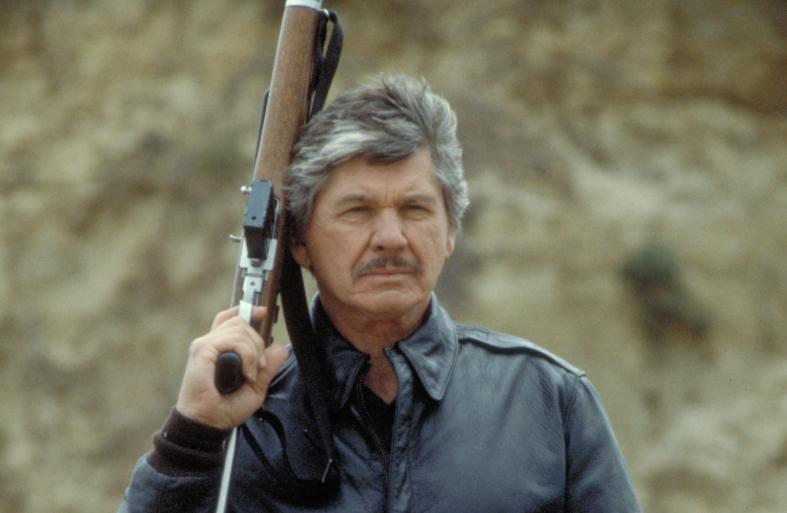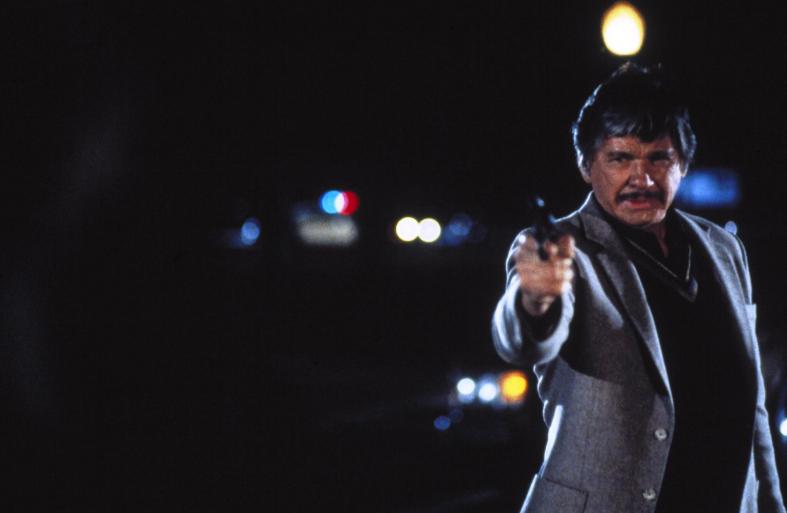When a pair of brash Israeli filmmakers landed in California in 1979, they were determined to take Hollywood by storm. After almost single-handedly birthing the Israeli film industry into existence, director and producer Menahem Golan and his financier cousin Yoram Globus bought the struggling production company Cannon Films for $500,000 and set out to remake it their image. During their decade at the helm of the Cannon Group, the duo forever changed the way that movies are made and enjoyed.
Four decades later, the Jerusalem Film Festival is excited to offer film fans the rare opportunity to experience first-hand the legacy of Cannon Films. The festival will screen a selection of eight Cannon films handpicked by Quentin Tarantino, most of which have not been seen in Israeli theaters since their release in the eighties.
It is far too easy to write off the Cannon oeuvre as a long list of schlocky exploitation flicks. To be fair, it’s doubtful whether any other producers in the history of cinema have matched the sheer volume of B movies produced by Golan and Globus. At its peak, Cannon Films—still a small independent upstart by Hollywood standards—managed to release a new film on an almost-weekly basis. That schedule left Cannon’s more established and discerning competitors in the dust. But the same commercial drive that led the two men to create some of the most beloved Israeli films of the sixties and seventies translated into a decidedly Catholic filmmaking sensibility when they came to Hollywood—one that erased the borders between high and low brow.
Cannon Films mastered the art of the low-budget, high-concept movie, and was always quick to capitalize on trends both real (ninja meets Flashdance meets the Exorcist!) and imagined (an arm-wrestling film starring Sylvester Stallone!). Yet at the same time, it recycled its occasional profits into decidedly more urbane filmmaking. Thus, the Cannon logo graced films directed by Robert Altman, John Cassavetes, Roman Polanski, and Barbet Schroeder, to name but a few (Schroeder’s 1987 film Barfly will be on view at the festival). They produced an acclaimed version of Verdi’s Otello (1986), directed by Franco Zeffirelli and starring Plácido Domingo, along with an ill-fated Jean-Luc Godard adaptation of King Lear (1987). And just as Golan was hard-pressed to distinguish between high and low, his peers would—on rare occasions—relax their addiction to strict “quality” demarcation, as when they granted the action film Runaway Train by Andrei Konchalovsky (1985) three Oscar nods, and a Golden Globe to Jon Voight (Runaway Train will also be on view at the festival).
Skimming through the names of the hundreds of movies produced at Cannon during the Globus-Golan tenure, audiences will spot films that helped launch the careers of filmmakers like Neil Jordan and of stars like Chuck Norris and Jean-Claude Van Damme. Israeli film fans may also recognize the traces of homegrown fare, whether blatant (The Last American Virgin from 1982 is a particularly faithful remake of Lemon Popsicle) or subtle (1986’s Delta Force, another Tarantino selection, was directed by Golan and clearly drew inspiration from his earlier classic, Operation Thunderbolt, with Chuck Norris stepping in for Yehoram Gaon).
By the end of the decade, Cannon’s voracious production appetite left it saddled with debt and under an SEC probe. The strains on the two men’s relationship became too much to bear. Before long, they left Cannon, the United States—and each other. In 2014, two documentaries were released that tell the story of Golan, Globus, and Cannon: Electric Boogaloo: The Wild, Untold Story of Cannon Films and The Go-Go Boys: The Inside Story of Cannon Films. The latter had its premiere at the Jerusalem Film Festival in July 2014. The two men, by then cautiously reconciled, made their final appearance together at the festival that summer. Three weeks later, Menahem Golan passed away.
This tribute is a festival-within-a-festival, a candy store for film buffs, and a chance to spot the many fingerprints of the golden age of Cannon Films on the past thirty years of filmmaking. But first and foremost, it’s an opportunity for unbridled and unapologetic entertainment.






